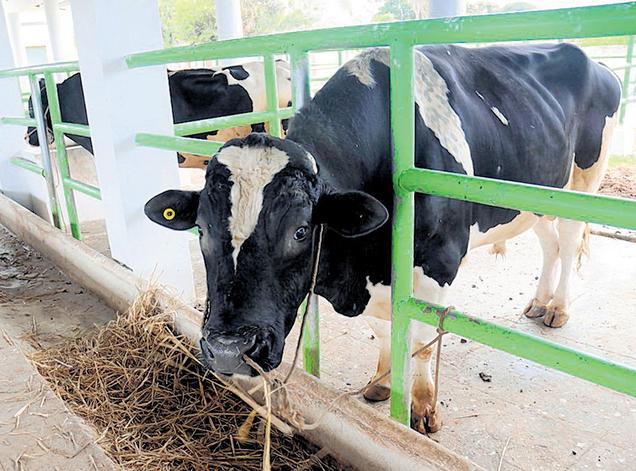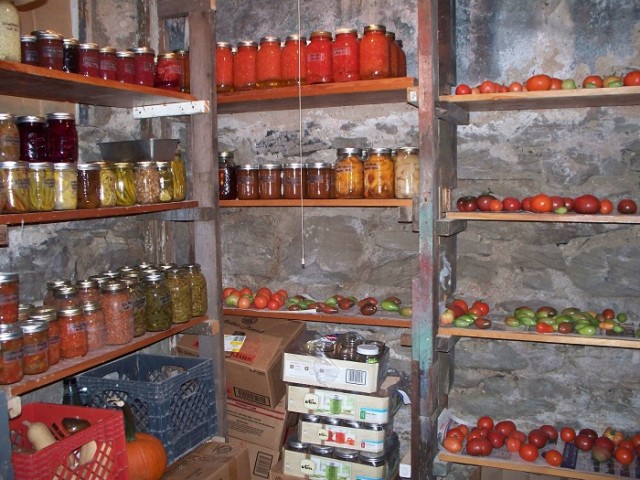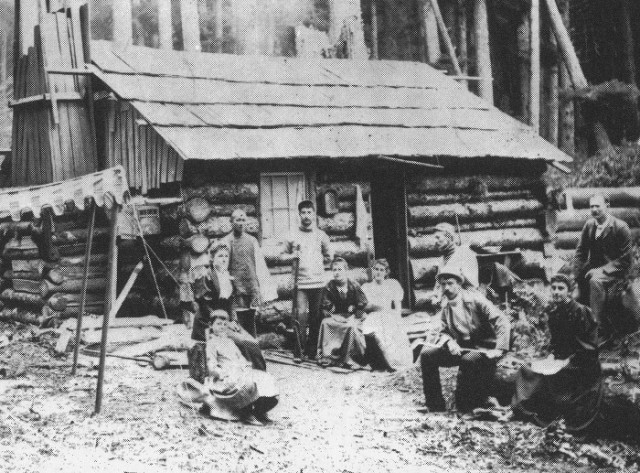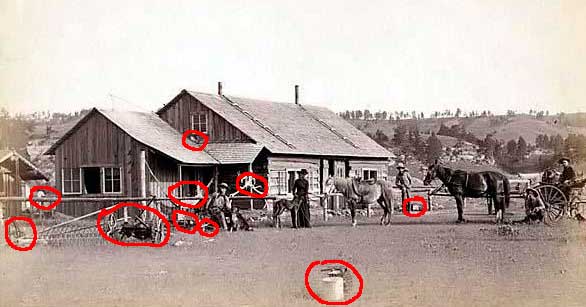How To Become More Self-Sufficient Without Starting a Full-Blown Farm…
Want to start preserving your harvest, making your own soap, or building a backyard root cellar — but not sure where to begin? “Homesteading Advice” gives you instant lifetime access to 35+ practical homesteading books on food preservation, veggie gardening, DIY natural cleaning products (save over $250 per year with this skill alone), brewing, off-grid energy, and a whole lot more…
Click Here To Check It Out Now!
If you are going to take a person from the most urban city on the planet and move him or her into the countryside, not even the wild, there’s more than 50% chance they will have difficulties adapting to the new environment. Modern lifestyle has turned people into highly-dependent beings; whether it’s dependency towards the car, towards the supermarkets, towards technology, you name it – it’s there in the majority of inhabitants of a city.
It’s quite rare that young people growing up nowadays now something about basic carpentry or mechanic work. It may not sound like the end of the world, but in emergency situations you better know some stuff. The following 10 survival skills are simple and people should start learning them if they want a competitive advantage against their fellow youth.
1. Gardening For Food…
During World War II, there was a campaign for people to plant “Victory Gardens” at their homes. These vegetable gardens were needed to alleviate food shortages, because so much of the nation’s produce was being sent overseas to keep our troops and those of our allies fighting. With fewer men available to work the farms, there was less produce available. This custom of having a vegetable garden in one’s backyard survived for many years after the war was over, but it gradually died out.
Today, when many people think of gardening, they are thinking of a flower garden. While those are nice to look at, they don’t give you much to eat. Starting and growing a vegetable garden can be harder than most people think. When I started gardening, it took me three years to get more than just herbs and a smattering of produce out of it. I’m glad I didn’t wait until I needed that garden for survival. Find out more about growing your own food here.
2. Animal Husbandry…
Although the industrial revolution took place more than 100 years ago, many people continued to raise at least a small amount of their own livestock at home. This led to cities enacting ordinances limiting what animals people could keep within city limits. Raising dogs and cats is much different than raising chickens, rabbits and goats for the table. A large part of being able to raise these animals is recognizing their needs and being able to diagnose their sicknesses. Farmers don’t depend upon the vet for most illnesses; they take care of it themselves…

3. Hunting and Fishing…
Everyone in your great-grandparents’ generation knew how to hunt and fish for food, it wasn’t a sport or hobby for them, it was a way to provide for their family and cut down on food costs. It didn’t matter where they lived, if they lived in a rural area or if they lived in the city. Being able to kill or catch their own food was an essential survival skill and it proved very useful, especially during harsh times, like the Great Depression. Raising an animal is one thing, butchering it is another. Few hunters even know how to properly butcher an animal, as most take them to a butcher for cutting up and packaging. Yet, an animal which is not properly cleaned and butchered can cause disease. You can also waste a lot of good meat by not doing it correctly.
4. Food Preservation…
It’s rare to find people who preserve their own foods, but in our grandparent’s generation, it was common. Canning food, smoking meats and even making one’s own sausage were all common home tasks, which ensured that people had enough food to get through the winter.
Today, it’s rare to find people who know these methods of food preservation, let alone having the equipment needed. If we go back very far in American live, pretty much every middle class home had a smokehouse for preserving meats. I’ve seen some homes where the smokehouse was actually in the kitchen chimney. Instead of building a normal chimney, they had a very wide one, with enough room to hang sides of beef in it for smoking…

5. Blacksmithing…
This one’s a little bit harder than the others. It’s one that you may have difficulty learning from a youtube video. You’ll want to find a fellow blacksmith to teach you how. It may seem unnecessary, but if the electricity went out, the only people who could repair anything metal are blacksmiths. Might as well know the trade!
6. Herbal Medicine…
The roots of medicine were herbal medicine. While doctors have existed for millennia, it hasn’t been until recent times that those doctors had such a wide range of pharmaceuticals to work with. Before that, doctors made their own medicines. Many women also learned to use what nature provided for medicine.
It was not uncommon a few generations back for mom to take care of her family’s medical needs, using recipes that she had learned from her mother. Today, that sort of medicine is called “old wives’ tales” but it works just as well as it always did. You can find out more about making your own herbal medicine here.
7. Horseback Riding…
This may not seem like much of a survival skill, but in the Old West, stealing a man’s horse was a hanging offense. That’s because being stranded without a horse was generally a death sentence. While horseback riding today is only done for sport, if the automobile becomes no longer usable, people will be looking for horses once again.
Riding a horse is actually more complicated than the movies make it appear. Breaking a horse is a skill that few know. Likewise, there are few today, outside of the drivers for the Budweiser Clydesdales, who know how to hitch and drive a team of horses. But in America’s past, our ancestors drove teams with as many as 40 horse or mules in them.
8. Basic Carpentry…
Everyone should know how to make basic repairs to their home. Without the ability to repair damage from a natural disaster, it might not be possible to use the home as a survival shelter. Woodworking skills also allow one to make furniture and other items to help survive.
9. Repairing & Mending Things…
We are a society that consumes without thinking and this trend is aggressively promoted by the media. Your great-grandparents didn’t let anything go to waste, not even a beat-up pair of jeans and it was a common practice for every other article of clothing they owned. Mending clothes was part of a woman’s chores and they took pride when restoring the favorite clothes of their loved ones.
It wasn’t only about clothes, it was about anything that can be fixed or patched up, and it was a sustainable way of living. These are skills that someday might come in handy and you should be able to know how to fix the things you need. When was the last time you fixed something? If you can’t remember it, you’re probably not the handyman type.
10. Milking A Cow…
This one might not seem like a big deal, but it’s amazing how many people today don’t know the right way to milk a cow. It takes more than just pulling on the nipples. You’ve actually got to first close off the nipple with the thumb and forefinger to keep the milk from flowing up into the udder, and then squeeze the nipple to force out the milk (via OffTheGridNews)…
More Skills…
The survival & self-sufficient things our great grandfathers did or built around the house. Some of these exceptional skills are hundreds of years of old and they were learned the hard way by the early pioneers…
So I really can’t think of anyone more qualified in sharing real-life survival & self-sufficiency lessons than people who lived through times like these…


